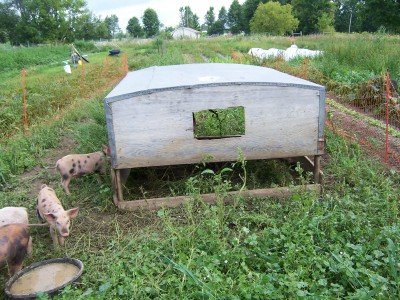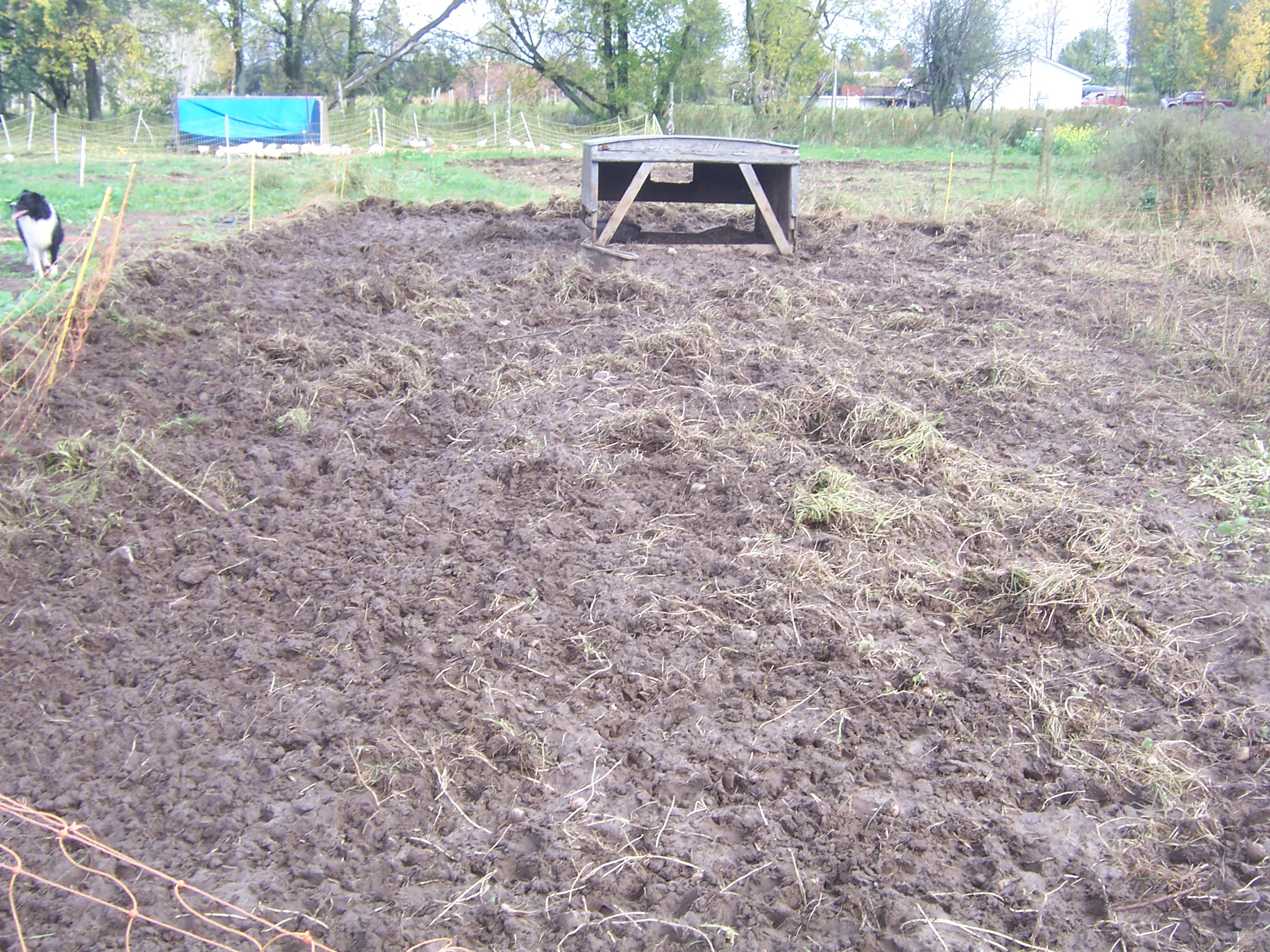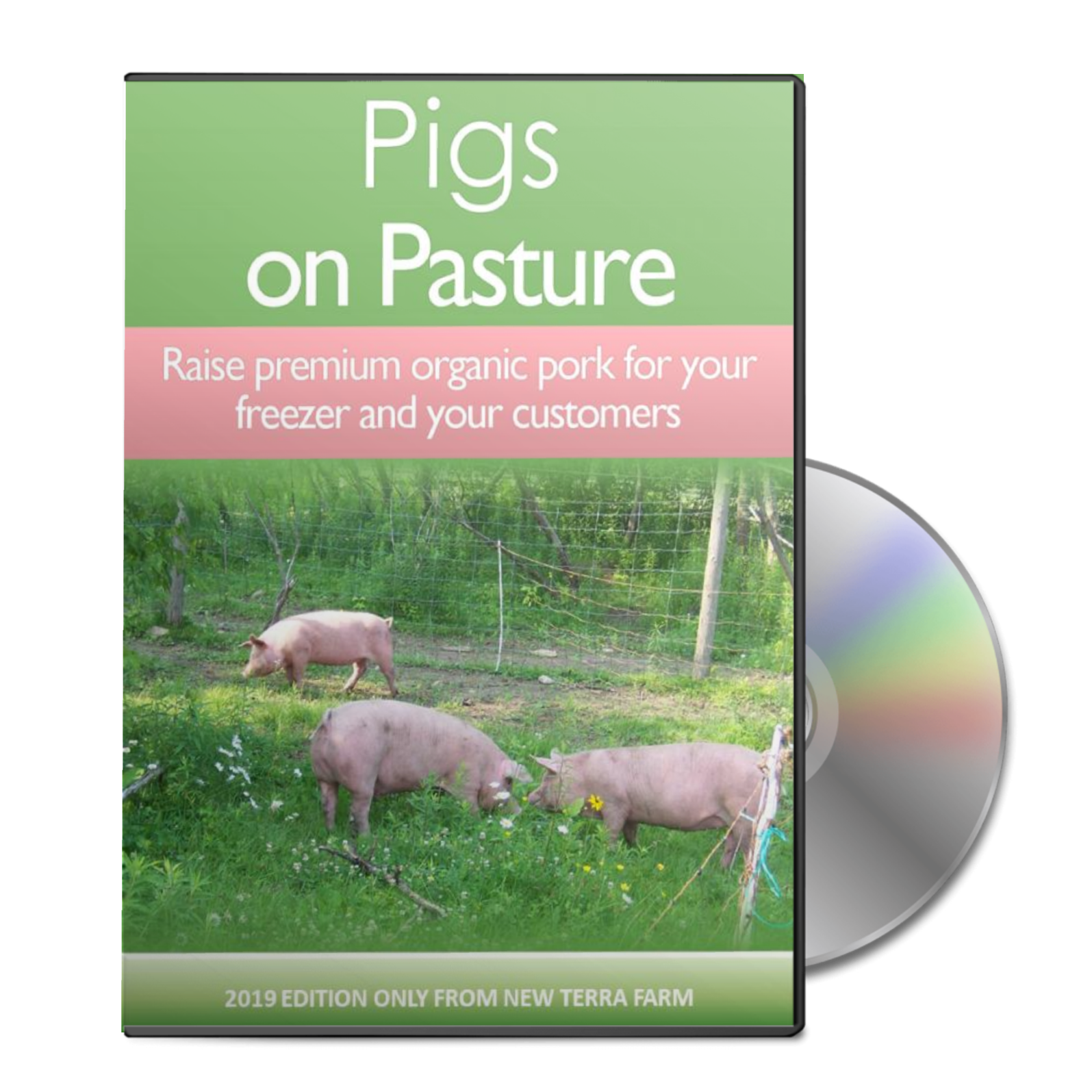Organic food nutrition - a comparison
Is there really a difference in the vitamin and mineral content of organically-grown food? An analysis of organic food nutrition clearly shows that 'natural' is naturally better!
First, a little bit of history; studies have shown that the overall nutritional level in food has declined over the last 40 years. Based on a comparison of published USDA figures, fruits and vegetables in the U.S. have about half the vitamin content as was present in the 1960's.
This period coincides with the rise of agri-business and the trend toward factory farming following WWII. Big farms were growing more food ('better living through chemistry'), but the food evidently was less nutritional.
How does organic food nutrition compare? In one test in the U.S. samples were taken from organic and conventional apples, potatoes, pears, wheat and sweet corn. The following list shows the results:
calcium . . . 63 % higher in organic sample
iron . . . . 73 % higher in organic sample
zinc . . . . 60 % higher in organic sample
potassium . . 125 % higher in organic sample
phosphorus . . 91 % higher in organic sample
molybdenum . . 178 % higher in organic sample
magnesium . . 118 % higher in organic sample
Bonus, the organic food was on average 29 percent lower in mercury than the conventionally raised food (see also Organic Food Safety ).
Other studies have shown that corn and strawberries raised organically have significantly higher levels of cancer-fighting antioxidants than conventionally grown foods.
The theory is that many of these compounds are produced by plants in response to environmental stresses, such as insects or competing plants. These protective compounds act as a plant’s natural defenses, and apparently also have protective properties in humans.
Researchers have suggested that chemical pesticides and herbicides disrupt the production of these protective compounds. On the other hand, good soil nutrition appears to increase the levels of these important substances.
How farms can improve organic food nutrition
Typical organic farming practices such as crop rotation and the use of green manures support good soil nutrition.
New Terra Farm also integrates animal and garden production. We rotate our pigs through the garden areas. Or piggies turn over and fertilize the soil, root up rocks and eat weeds right down to the roots. I pick up the big rocks and make a pass with my rototiller to level the soil.
I plan my rotation so that where my pigs are THIS year is where my garden will be NEXT year. This gives a full year for the pig poop to be incorporated into the soil.
 Garden area BEFORE pig cleanup
Garden area BEFORE pig cleanup Garden area AFTER pig cleanup
Garden area AFTER pig cleanupConclusions? To put it simply, organically-grown foods appear to have more of the 'good stuff' and less of the bad stuff than conventionally grown foods.
Recommendations? Support your local organic farmer and farmer's market!
Raise pigs on pasture to put food in your freezer and some cash in your wallet!
Step-by-step instructions to get your piggies from field to freezer.
New! Latest edition includes my Porkulator software to help you figure out costs and profits for your premium pastured pork.
Or get Pigs on Pasture as part of my Complete Start Farming Pack and save 60%.
- Home Page ›
- Sustainable Organic Farming ›
- Organic Food Nutrition
